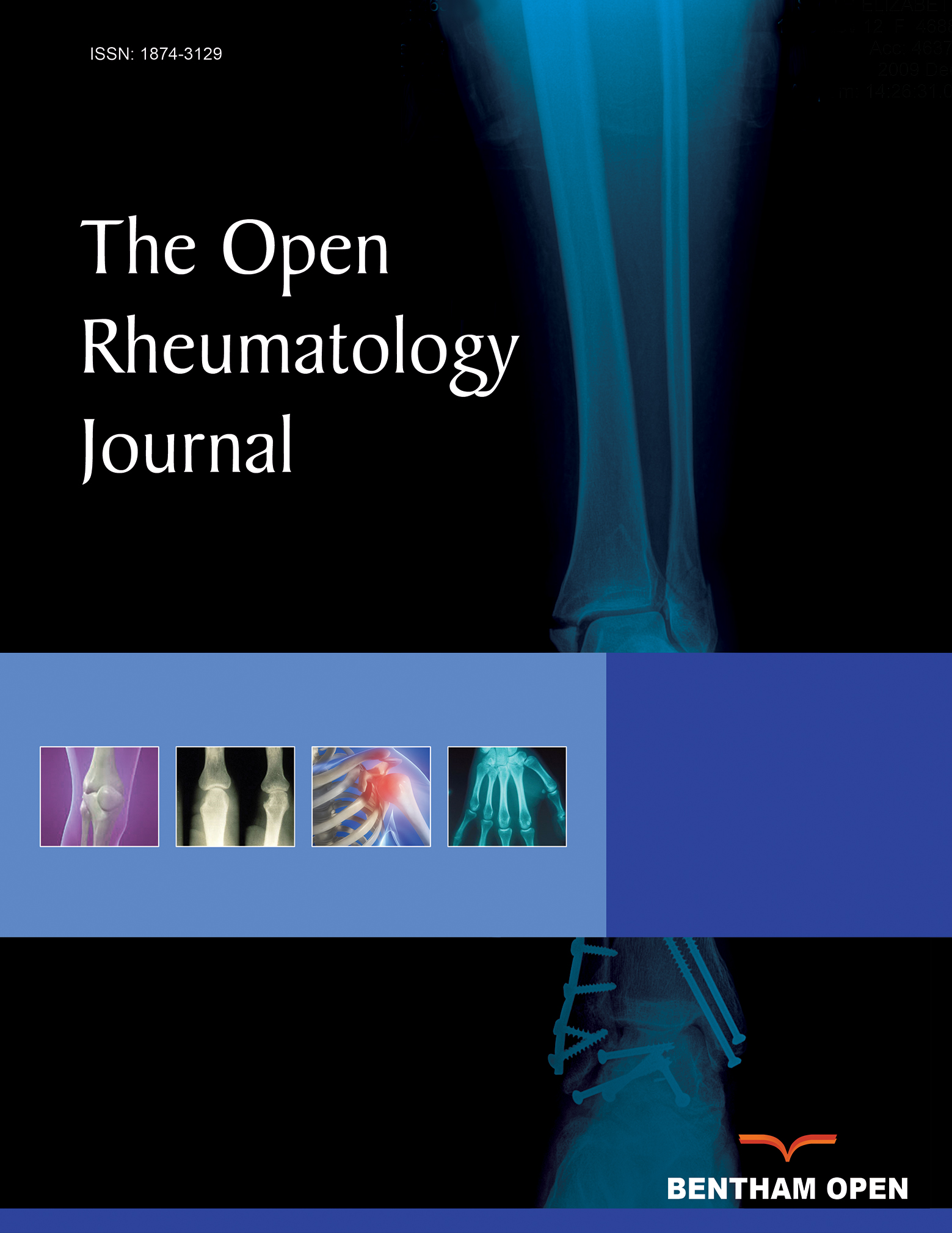Systemic Sclerosis is a Complex Disease Associated Mainly with Immune Regulatory and Inflammatory Genes
Abstract
Systemic sclerosis (SSc) is a fibrotic and autoimmune disease characterized clinically by skin and internal organ fibrosis and vascular damage, and serologically by the presence of circulating autoantibodies. Although etiopathogenesis is not yet well understood, the results of numerous genetic association studies support genetic contributions as an important factor to SSc. In this paper, the major genes of SSc are reviewed. The most recent genome-wide association studies (GWAS) are taken into account along with robust candidate gene studies. The literature search was performed on genetic association studies of SSc in PubMed between January 2000 and March 2014 while eligible studies generally had over 600 total participants with replication. A few genetic association studies with related functional changes in SSc patients were also included. A total of forty seven genes or specific genetic regions were reported to be associated with SSc, although some are controversial. These genes include HLA genes, STAT4, CD247, TBX21, PTPN22, TNFSF4, IL23R, IL2RA, IL-21, SCHIP1/IL12A, CD226, BANK1, C8orf13-BLK, PLD4, TLR-2, NLRP1, ATG5, IRF5, IRF8, TNFAIP3, IRAK1, NFKB1, TNIP1, FAS, MIF, HGF, OPN, IL-6, CXCL8, CCR6, CTGF, ITGAM, CAV1, MECP2, SOX5, JAZF1, DNASEIL3, XRCC1, XRCC4, PXK, CSK, GRB10, NOTCH4, RHOB, KIAA0319, PSD3 and PSOR1C1. These genes encode proteins mainly involved in immune regulation and inflammation, and some of them function in transcription, kinase activity, DNA cleavage and repair. The discovery of various SSc-associated genes is important in understanding the genetics of SSc and potential pathogenesis that contribute to the development of this disease.


